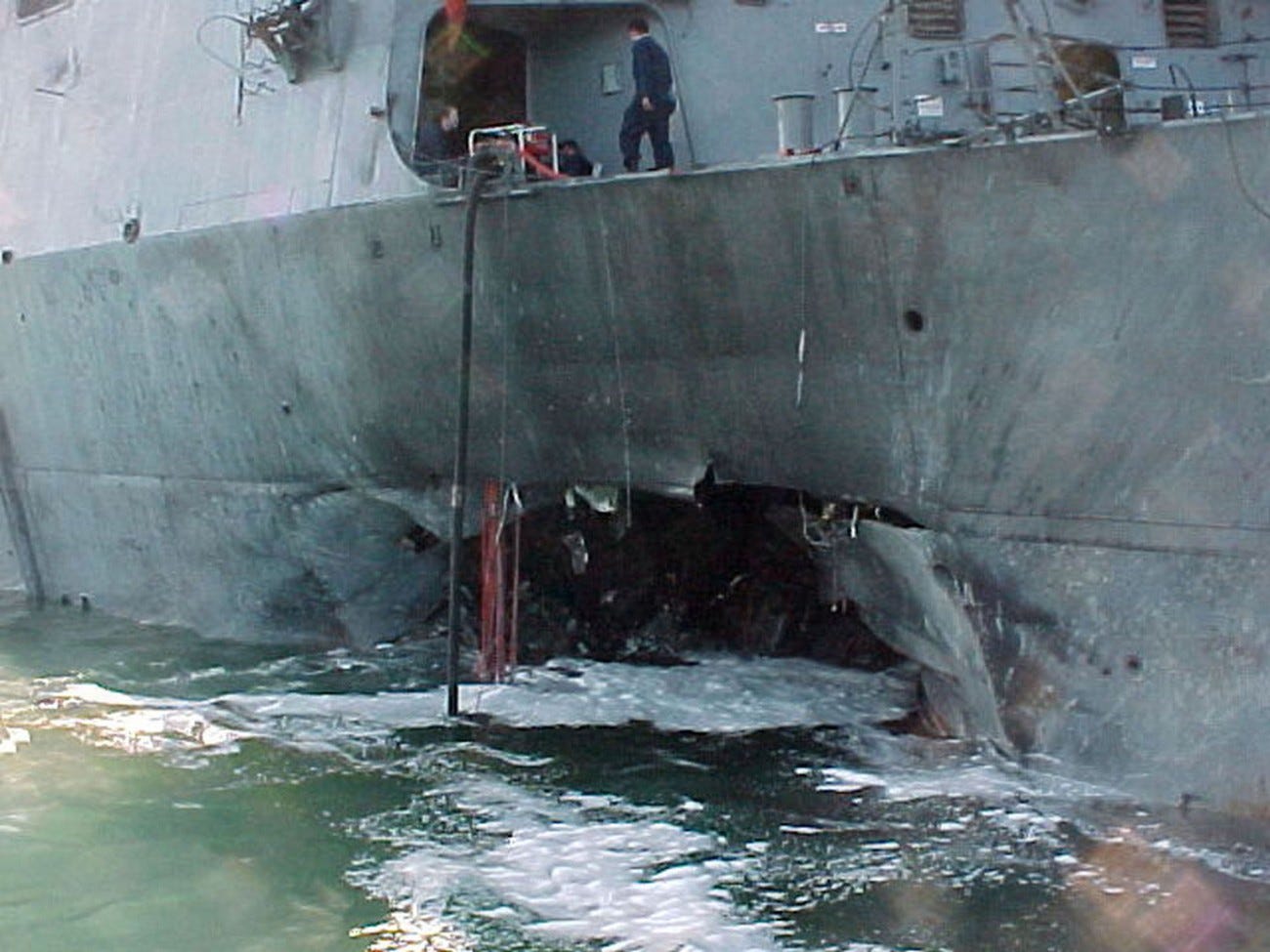 |
| Umm, NO. This is nothing to be proud of |
Start with America's unique geographic advantage. There are no border wars, no wars of territorial expansion, no violent disputes with neighbors. Unlike Europe, Asia, South Asia, the Middle East, even Latin America, there are not a lot of competing nations on the North American continent. And with two oceans providing a massive buffer, there is just no easy access to an invading army. So risks to the American national system have been overstated for years. You can make the case that the fascist threat to global order represented by the Axis nations in World War II justified the cost and effort the US made, but at the same time any rational reading of history leads to the conclusion that the Soviet Union won the war, and Hiroshima and Nagasaki were atrocious war crimes.
Almost no living war veterans have any claim to 'protecting' America, Americans or our freedom. The last war that can be remotely justified was Korea - it was the North Koreans that invaded, and there were a lot of Americans trapped in the Pusan Perimeter. To what extent it needed to go as far as it did can certainly be debated - after the Inchon landings, the UN forces rolled up the NorKor forces, and they could have stopped at the 38th parallel and it all would have been over.
After that, there's not a lot that America has done that can be truly admired. Vietnam, Grenada, Panama, Iraq, Afghanistan - these were wars we chose to fight, against armies that had NO capacity to attack us, for political and economic reasons rather than the more honorable 'protecting freedom'. It's perfectly fair to say that American soldiers had no part in the decision making process, and were merely following orders, and that they may have often acted bravely and honorably, but those facts alone are not a sufficient basis for us to be 'grateful for their service'. In fact, their actions in illegal wars of choice have killed hundreds of thousands of innocents, destroyed lives, families, cities and entire nations, and resulted in more misery and chaos than existed previously. We should not hold them responsible, but we damn sure shouldn't be 'grateful for their service'.
*******************************************************
Note: I'm putting this on my blog rather than on, say, Facebook in order to avoid the kind of kneejerk internet arguments that I'm just not interested in having anymore. If you think I'm unAmerican or Socialist or something worse, that's fine - comments are open on the blog. Feel free to make your case. But in general, the most dangerous, warlike rogue nation on earth today is the United States of America, and you're going to have to defend aggressive war as policy.
Oh, and I'll remind you that the findings of The International Military Tribunal at Nuremberg, which followed World War II, called the waging of aggressive war "essentially an evil thing...to initiate a war of aggression...is not only an international crime; it is the supreme international crime, differing only from other war crimes in that it contains within itself the accumulated evil of the whole."
...


